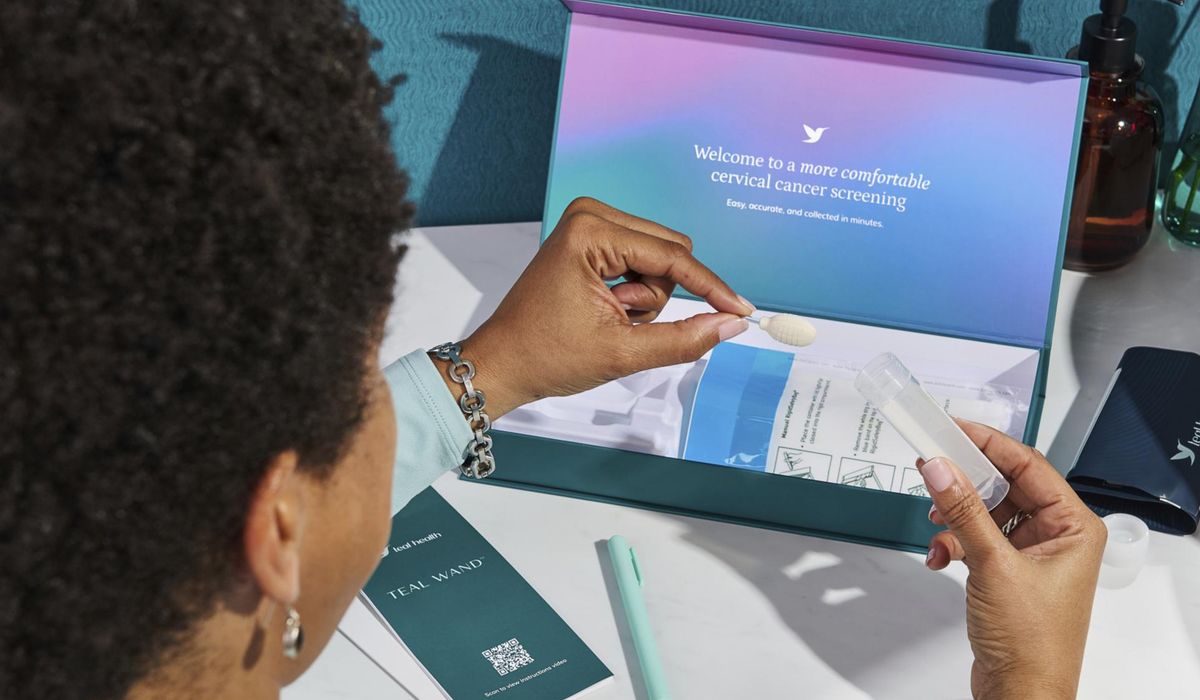


Don’t miss the full story, whose reporting by The Associated Press is the basis of this AI-assisted article.
The landscape of health care is rapidly evolving with the introduction of at-home medical tests that allow patients to screen for various conditions from the comfort and privacy of their own homes. With the recent FDA approval of the first at-home cervical cancer test, consumers now have access to self-administered diagnostics for everything from HIV to thyroid function.
While these tests offer increased accessibility and convenience, particularly for those with medical anxiety or living in rural areas, health care experts emphasize that they cannot fully replace comprehensive in-person medical evaluations and should be viewed as complementary tools in health care management.
Here are some facts to consider about at-home medical testing:
• Two distinct testing methods exist: sample collection tests that are sent to laboratories for analysis (like the new cervical cancer test) and instant-result tests that provide immediate feedback (such as COVID-19 and pregnancy tests).
• The FDA recently approved the first at-home cervical cancer test that screens for human papillomavirus (HPV) strains using a tampon-like swab, though it cannot replace traditional Pap smears and comprehensive pelvic examinations.
• At-home HIV testing significantly improves diagnosis rates in rural communities and provides a anxiety-free option for individuals nervous about seeking sensitive medical tests, with labs required to report positive results and connect patients with support services.
• Rural patients benefit most from at-home colon cancer screening since accessing colonoscopies often requires traveling long distances, pre-operative procedures, and anesthesia that can be particularly burdensome for remote populations.
• Test costs range dramatically from $15 to $400, depending on the specific condition being evaluated, making accessibility variable based on individual financial circumstances.
• FDA approval is essential for test reliability, and patients should only use approved tests to ensure accurate and trustworthy results for their health decisions.
• Symptomatic patients should always seek in-person medical care rather than relying solely on at-home testing, as symptoms require professional medical evaluation and potential immediate intervention.
• At-home tests cannot replace comprehensive medical visits that include physical examinations, discussions about symptoms, and screening for multiple conditions simultaneously during a single appointment.
Read more: At-home health tests are here. But they aren’t always the best option
This article is written with the assistance of generative artificial intelligence based solely on Washington Times original reporting and wire services. For more information, please read our AI policy or contact Ann Wog, Managing Editor for Digital, at awog@washingtontimes.com
The Washington Times AI Ethics Newsroom Committee can be reached at aispotlight@washingtontimes.com.
